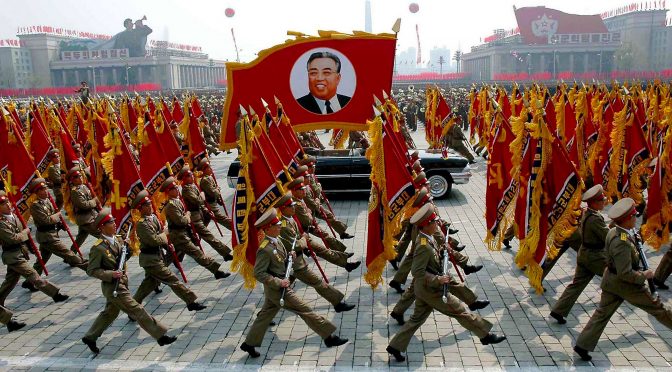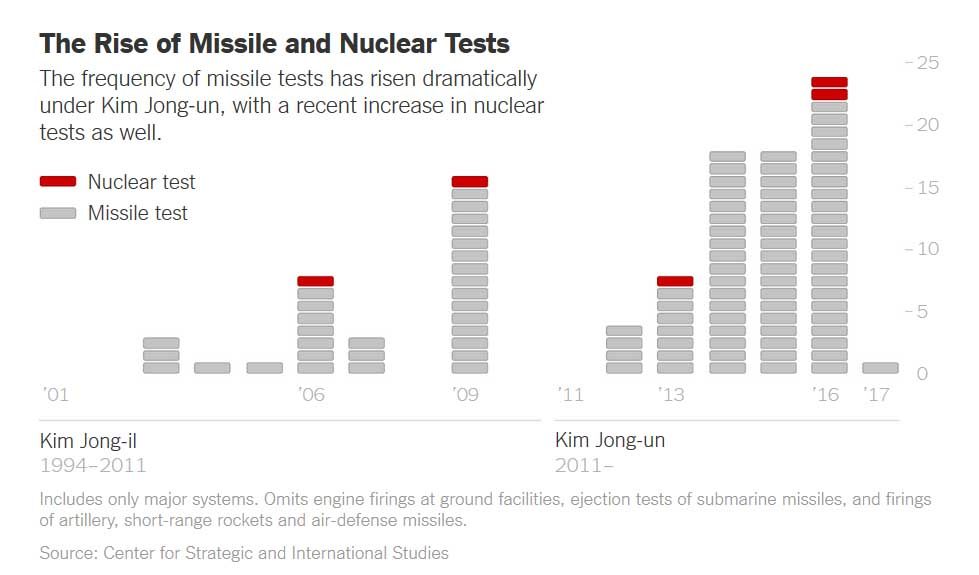By Dmitry Filipoff
Over the past week-and-a-half CIMSEC featured content from the 57th annual Naval Academy Foreign Affairs Conference, themed “A New Era of Great Power Competition.”
Our coverage began with overviews of major talks and panels that took place during the conference including: Rear Adm. John Kirby’s (ret.) address on fundamentals of decision-making and a panel on whether great power competition is occurring; Gen. John Allen’s address on global mega trends and the four-plus-one construct of international threats; Vice Adm. James Foggo’s III address on the fourth battle of the Atlantic and the panel on technology and cyber competition; Dr. Kathleen Hicks’ address on formulating policy to address present challenges and a panel on rival power perspectives on competition.
We followed our coverage with a full week featuring the top student essays selected from the 16 topical round tables. Their writings are listed below. Finally, we concluded with an interview with Jack McCain on the main takeaways and insights of the conference.
CIMSEC would like to recognize MIDN 1/C Charlotte Asdal, NAFAC Director, and her staff for allowing us to participate in this year’s events and for inviting our readership to virtually share in the conference’s rich academic proceedings.
Science Diplomacy in the Arctic by Jackie Faselt
“Due to its importance in environmental security, sizable natural resource reserves, and remote location, the Arctic incentivizes cooperation through science diplomacy.”
The Threat, Defense and Control of Cyber Warfare by Lin Yang Kang
“The ubiquity and reliance on cyberspace to improve the efficiency and capability of government, military, and civilian sectors lead to the Internet of Things (IOT) for day-to-day operations and in this pervasiveness of the use of Internet lies the potential for devastating cyber-attacks.”
Understanding Systems of International Order by Kimmie Ross
“Foundational literature exploring the respective merits and shortcomings of unipolar, bipolar, and multipolar international orders largely evaluate these systems in terms of their durability and propensity for peace. This essay serves to challenge these criteria as the main bases for evaluation, arguing that consideration of global prosperity and human rights is key in assessing the advantages of each system.”
Saving the Lives of Maritime Passageways: The Coast Guard and Maritime Chokepoints by Victoria Castleberry
“Coast Guard presence provides what no other U.S. asset can to this hostile region: provide security without an escalation of arms and the facilitation of transnational cooperation through various interagency programs. Expanding this model of strategic deterrence by increasing the U.S. Coast Guard’s presence internationally, the United States will be capable of protecting our most precious passages, promote international cooperation, and give the U.S. an advantage in determining how the international maritime waterways are governed.”
India’s Bid for Global Power in a Multipolar System During Development by Corey Bolyard
“By engaging in economic reform, India will have the opportunity to develop and exploit its large population and economic opportunity to become a global power in an increasingly multi-polar system, thereby allowing for an ambitious foreign policy permitting India to protect its interests in South Asia and act as the preeminent power in the region.”
Great Power Cooperation and the Role of International Organizations by Emil Krauch
“The atrocities of World War II have led to the creation of a union of countries that is unprecedented in its cooperation and interdependence. I intend to explore the European Union as an international collaboration of great powers, and to make the case for its importance and success.”
Iran and Saudi Arabia’s Proxy War in Yemen by Rose Cote
“While religion is a factor for the conflict, particularly for Iran supporting the Shia Houthi rebels, this conflict is primarily centralized around Yemen’s strategic value for both Iran and Saudi Arabia.”
Multinational Corporations in the Oil Industry by Monica Sullivan
“As multinational corporations are involved in the development of foreign infrastructure, their relationships abroad should be considered as a viable alternative for diplomatic action when military and state actors fail.”
A Balancing Act: U.S. and the Cross-Strait Relation by Jenny Chau Vuong
“There are three most likely outcomes in this conflict: Taiwan declaring independence, maintaining the status quo, or reuniting with China. In order to maintain positive relation with China, the U.S. should not bolster Taiwan’s confidence to declare independence.”
The Middle Way: A Balanced Approach to Growing America’s Navy by Riley Jones
“The United States Navy should adopt an intermediate approach to growing the fleet in order to maintain a favorable balance of power while also making efficient use of limited budgetary resources.”
The Reawakening of the Russian Bear by Jared Russel
“Thus, it is evident that Russia is not an emerging power in the global landscape, and furthermore, it is safe to assert that they are not ‘reawakening’ under any conditions. Instead, amidst their decline (or possibly even within the monotony of stability via mediocrity), the United States must be cautious of the dangers posed by a disruptive nation that acts like it has nothing to lose.”
The Beijing Consensus: A Threat of our own Creation by Jhana Gottlieb
“Contrary to the beliefs of Western alarmists, the Beijing Consensus’ power derives mostly from its definition as an alternative to Western neoliberalism, not from any ideological strength of its own. In emphasizing the dichotomy between the Washington and Beijing Consensuses, Western observers thereby only further extend China’s ideational power.”
The Unfriendly Scramble for Everywhere: Investment’s Role in Foreign Policy by Phillip Bass
“Investment changes a state’s foreign policy if the state is the investor, or if invested states have more to gain than by pursuing an alternative avenue.”
Assessing the United States’ Bioterrorism Preparation by Samuel Klein
“Because the United States’ biological WMD preparedness is inadequate, the United States government should substantially increase its investment in biological weapons response, including private- and public-sector biomedical research, treatment coordination infrastructure, and intelligence-driven threat mitigation.”
The Next Great Space Race: From a Sprint to a Marathon by Madison Fox
“Now, as tensions rise once again, and not only as space exploration but habitation become realistic possibilities, America will once again be called upon to lead. In this work, I hope to illustrate how the U.S. has done so thus far, and will continue to do so in the coming decades, with particular assistance from their most valuable resource, competitive innovation.”
Understanding the Role of Hybrid Warfare and U.S. Strategy for Future Conflicts by Rebecca Farrar
“By deconstructing the idea of hybrid war, the U.S. can better articulate an effective form of strategy, like budget reform and multilateral cooperation, to address inherent threats without the fervor created by the exaggerated significance given to this dystopic concept.”
Dmitry Filipoff is CIMSEC’s Director of Online Content. Contact him at Nextwar@cimsec.org.
Featured Image: U.S. Naval Academy (Wikimedia Commons)





